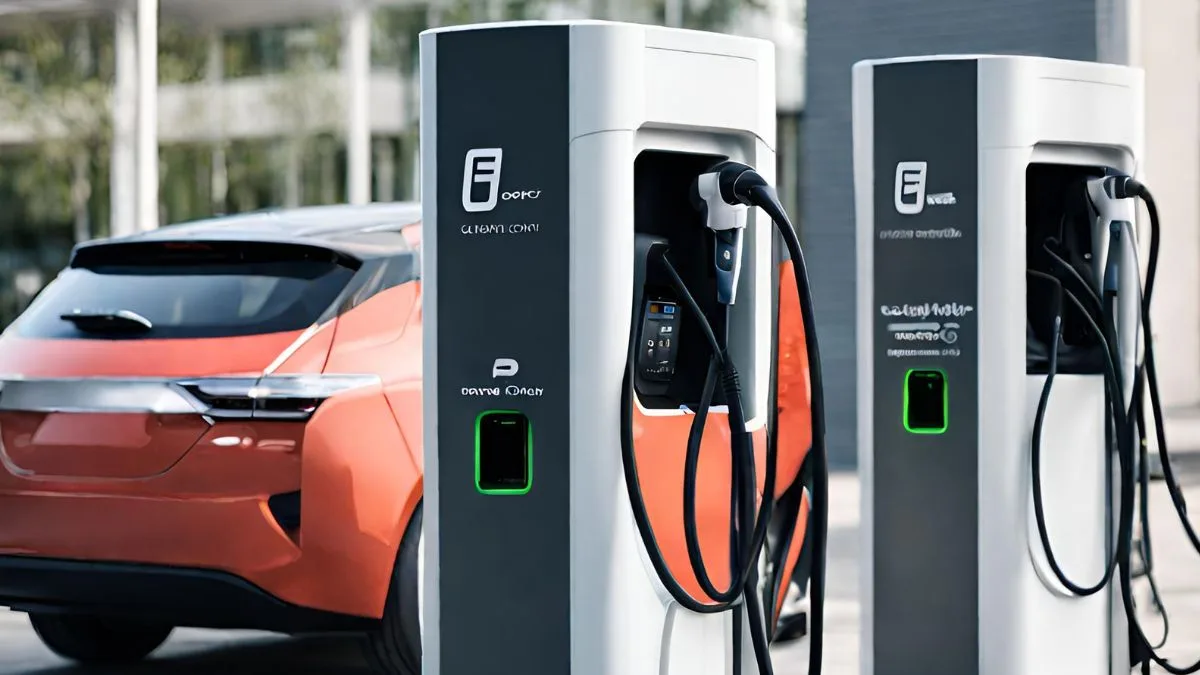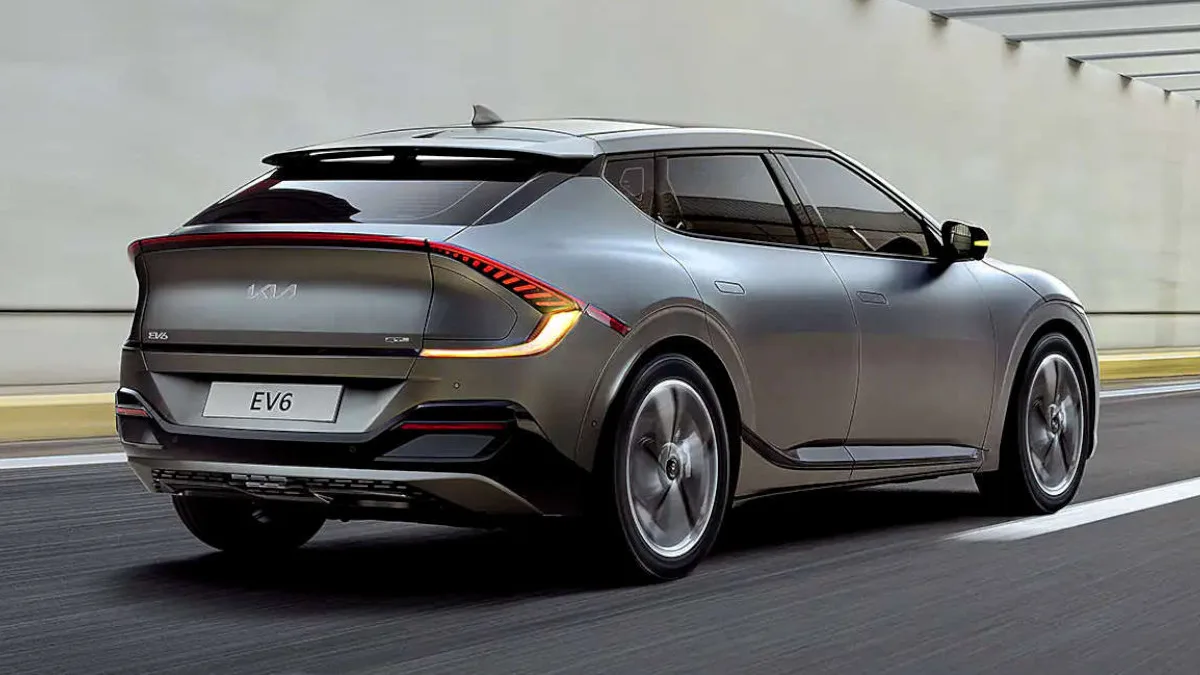
In a significant and forward-thinking move, the Delhi government has announced the extension of its electric vehicles (EV) policy, a pivotal step towards promoting sustainable transportation in the capital city. This decision, awaiting imminent cabinet approval, marks a progressive stride in fostering an eco-friendly future for Delhiites.
Unveiling the Extension
Senior officials from the transport department have revealed that the EV policy is set to be extended for an additional three months, with the revised deadline now slated for the end of March 2024. This strategic move underscores the government’s commitment to the promotion and adoption of electric vehicles, aligning with global efforts to combat climate change.
Transport Minister Kailash Gahlot has officially confirmed this extension, emphasizing the government’s dedication to creating an environment conducive to the widespread adoption of electric vehicles.
Revised Subsidies: Empowering Every Wheel
The extended EV policy brings forth a renewed focus on incentivization, with revised subsidies designed to encourage the adoption of electric vehicles across various segments. Notably, two-wheelers now stand eligible for a substantial Rs 5,000 subsidy per kWh of battery capacity, a lucrative offer aimed at making electric two-wheelers an attractive and affordable option for the masses.
Three-wheelers, regardless of their overall cost or battery capacity, are set to receive a generous Rs 30,000 subsidy, further propelling the transition towards sustainable modes of transportation. In a move limited to the first 1,000 EVs, four-wheelers are entitled to a noteworthy Rs 10,000 subsidy per kWh of battery capacity, creating a compelling proposition for those considering the switch to electric cars.
The Road Traveled and the Path Ahead
The initial EV policy, which expired on August 8, 2023, faced delays in its renewal due to various administrative challenges. The termination of services of advisors, consultants, and fellows in the transport department disrupted the policy formulation process. These individuals, with their technical expertise, played a crucial role in shaping various policies, including the much-anticipated EV 2.0, along with regulations for cab and bus aggregators.
Despite these challenges, the government has diligently worked towards finalizing the new EV policy, aptly named Delhi EV Policy 2.0. The delay in implementation is a testament to the meticulous approach taken to address stakeholder concerns and ensure a comprehensive and effective policy framework.
Stakeholder Consultation: A Collaborative Approach
During the stakeholder consultation phase for drafting the revised Delhi EV policy, the transport department received valuable insights and suggestions. A resounding call for increased incentivization emerged, reflecting the collective desire to make electric vehicles more economically attractive.
Stakeholders advocated for parking incentives, a crucial aspect for individuals contemplating the switch to EVs. Recognizing the importance of addressing financial concerns, the department also received recommendations for facilitating easier finance options and offering rebates in interest rates for prospective EV buyers.
Looking Forward: Delhi EV Policy 2.0
The imminent implementation of Delhi EV Policy 2.0 holds the promise of a more robust and comprehensive framework, addressing the gaps identified in the previous policy. While the exact date of implementation remains undecided, the government’s proactive approach signals a commitment to expeditiously rolling out the enhanced policy.
The increased incentivization, parking benefits, and financial facilitation outlined in Delhi EV Policy 2.0 are poised to propel the adoption of electric vehicles to new heights. As the national capital navigates the transition towards a sustainable and eco-conscious future, these policy amendments are instrumental in shaping a greener tomorrow.
Discover more from Wheels Craze - Automotive News, EV News, Car News, Bike News
Subscribe to get the latest posts to your email.



